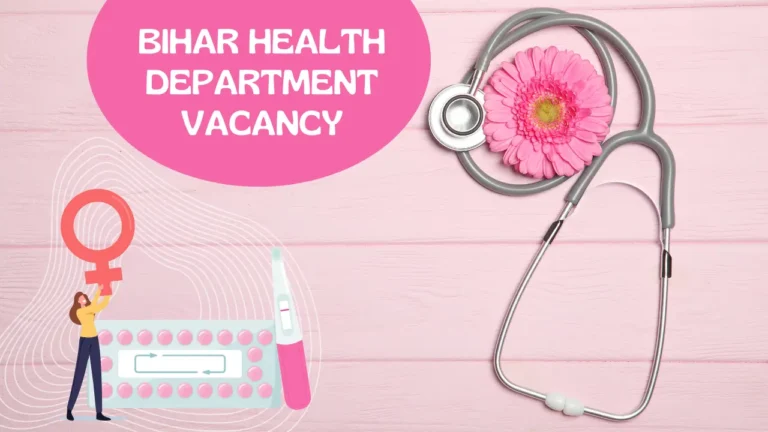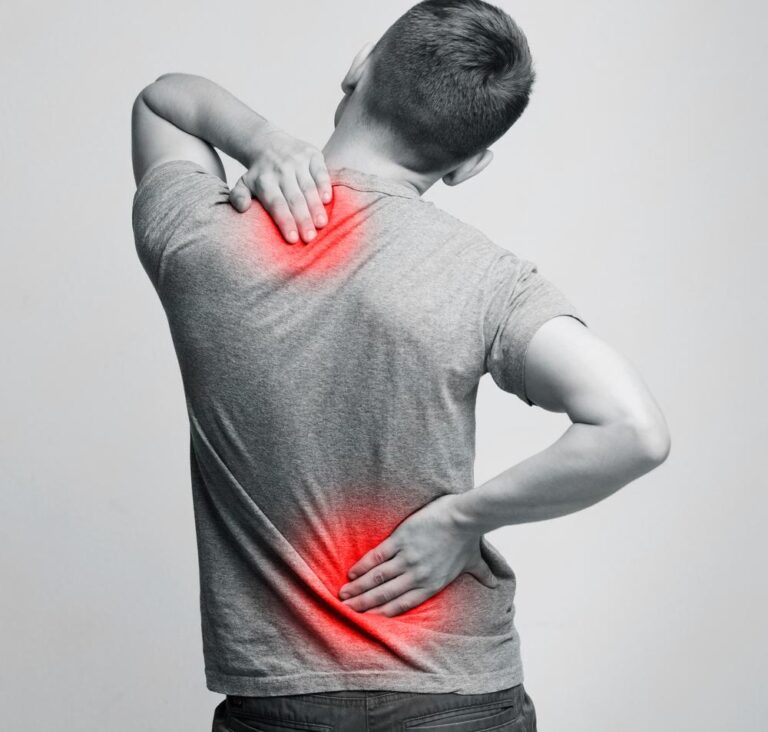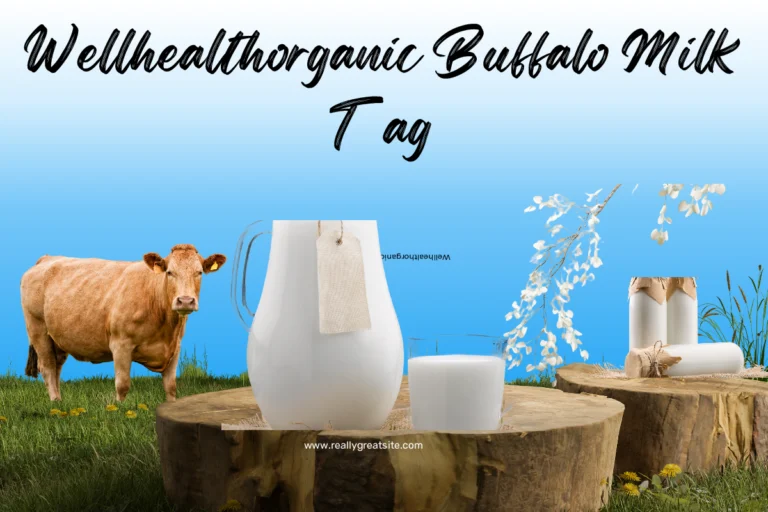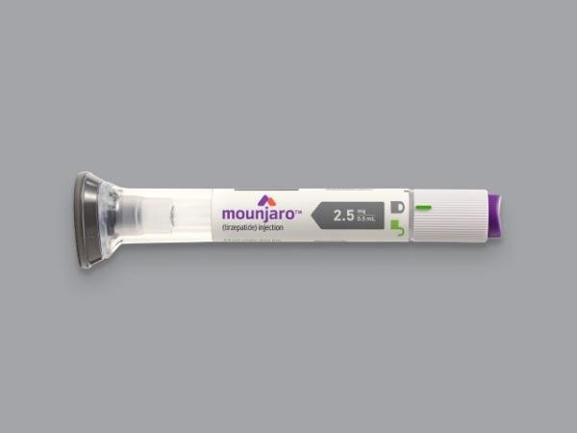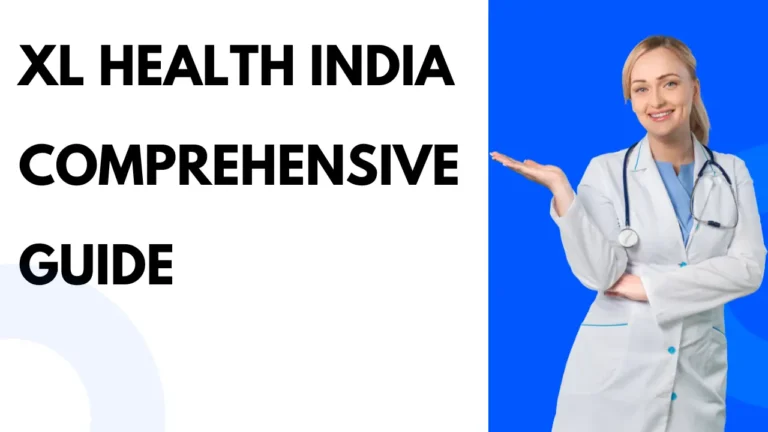Modern Solutions For Varicose Veins: What To Expect From Vascular Surgery?

Varicose veins can cause pain, exhaustion, and even ulcers or blood clots if left untreated. Thanks to advances in medical technology, vascular surgery now offers modern, minimally invasive solutions that not only relieve symptoms but also restore confidence and mobility. Understanding vascular surgery might help you choose a treatment for bulging, painful leg veins.
Why Varicose Veins Develop?
Varicose veins are typically the result of faulty valves in the veins. They should help blood flow back to the heart, but when they fail, blood accumulates in the veins, swelling them. Factors like ageing, genetics, pregnancy, standing for long hours, and obesity can contribute to this condition. For some, varicose veins remain a mild nuisance, but for others, they can lead to heaviness, cramping, burning sensations, and visible skin discolouration.
Evolving From Traditional To Modern Treatments
For decades, the standard treatment for varicose veins was vein stripping—a surgical procedure involving the removal of the affected vein. While effective, this approach required longer recovery times and carried a higher risk of complications. Modern vascular surgery has changed that landscape with less invasive methods that focus on patient comfort and faster healing.
Today, procedures such as endovenous laser treatment (EVLT) and radiofrequency ablation (RFA) have largely replaced traditional surgery. These treatments use targeted energy to seal off the damaged veins from the inside, prompting the body to reroute blood through healthier veins. Because these procedures are done under local anaesthesia and don’t involve large incisions, patients often return to normal activities within a few days.
What To Expect From The Procedure?
If your vascular surgeon recommends one of these modern techniques, the first step usually involves a diagnostic ultrasound to map out the vein structure in your legs. This ensures the procedure targets the correct vein and helps avoid any complications.
On the day of the surgery, you’ll be awake but comfortable. A small catheter is inserted into the vein using ultrasound guidance. Through this, either laser or radiofrequency energy is delivered to collapse the vein wall. The entire process typically takes less than an hour.
Post-procedure, you’ll be encouraged to walk immediately, wear compression stockings for a short period, and avoid strenuous activity for a few days. Bruising or mild discomfort is normal, but serious side effects are rare.
Advantages Of Modern Vascular Surgery
The benefits of newer varicose vein treatments are significant. Patients report not only aesthetic improvements but also relief from symptoms like leg heaviness, cramping, and swelling. These procedures are typically outpatient, meaning no hospital stay is required, and downtime is minimal.
Moreover, these methods offer long-term results. Addressing the root cause—improper blood flow—reduces the likelihood of recurrence as the treated veins collapse and are reabsorbed.
Integration With Broader Health Care
Varicose veins don’t exist in isolation. They can sometimes be linked with other underlying health concerns. For instance, patients dealing with Gastroenterology issues such as liver disease may develop varicose veins in unusual places, like the oesophagus or abdomen, due to increased pressure in the venous system. Additionally, vascular surgeons often collaborate with specialists in Proctology for patients whose vein issues affect areas like the rectum, such as in cases of haemorrhoids or pelvic congestion syndrome.
This interdisciplinary approach ensures that vascular surgery not only addresses the cosmetic and symptomatic aspects of varicose veins but also takes into account any related medical conditions that may influence or complicate treatment.
READ MORE : Wellhealthorganic Organic Pet Food Benefits: For Pet Health
When To See A Vascular Surgeon?
If your varicose veins are painful, worsening, or causing skin changes like rashes or ulcers, it’s time to consult a vascular surgeon. Early intervention can prevent complications and offer long-lasting relief. Even if your primary concern is cosmetic, discussing modern treatment options with a specialist can help you feel more confident and at ease.
A thorough consultation will assess your symptoms, lifestyle variables, medical history, and diagnostic imaging to find the best treatment. Remember, treatment is highly personalised—what works for one person may not be ideal for another.
Final Thoughts
Modern vascular surgery has revolutionised the way varicose veins are treated. Minimally invasive procedures now make it possible to relieve symptoms, restore appearance, and improve overall vascular health with minimal downtime. With the added advantage of being able to integrate care across specialities like gastroenterology and proctology when needed, today’s approach is more holistic than ever before. Avoid waiting if varicose veins are affecting your quality of life. A consultation with a vascular specialist can be the first step toward recovery—and a return to comfort, mobility, and confidence.

